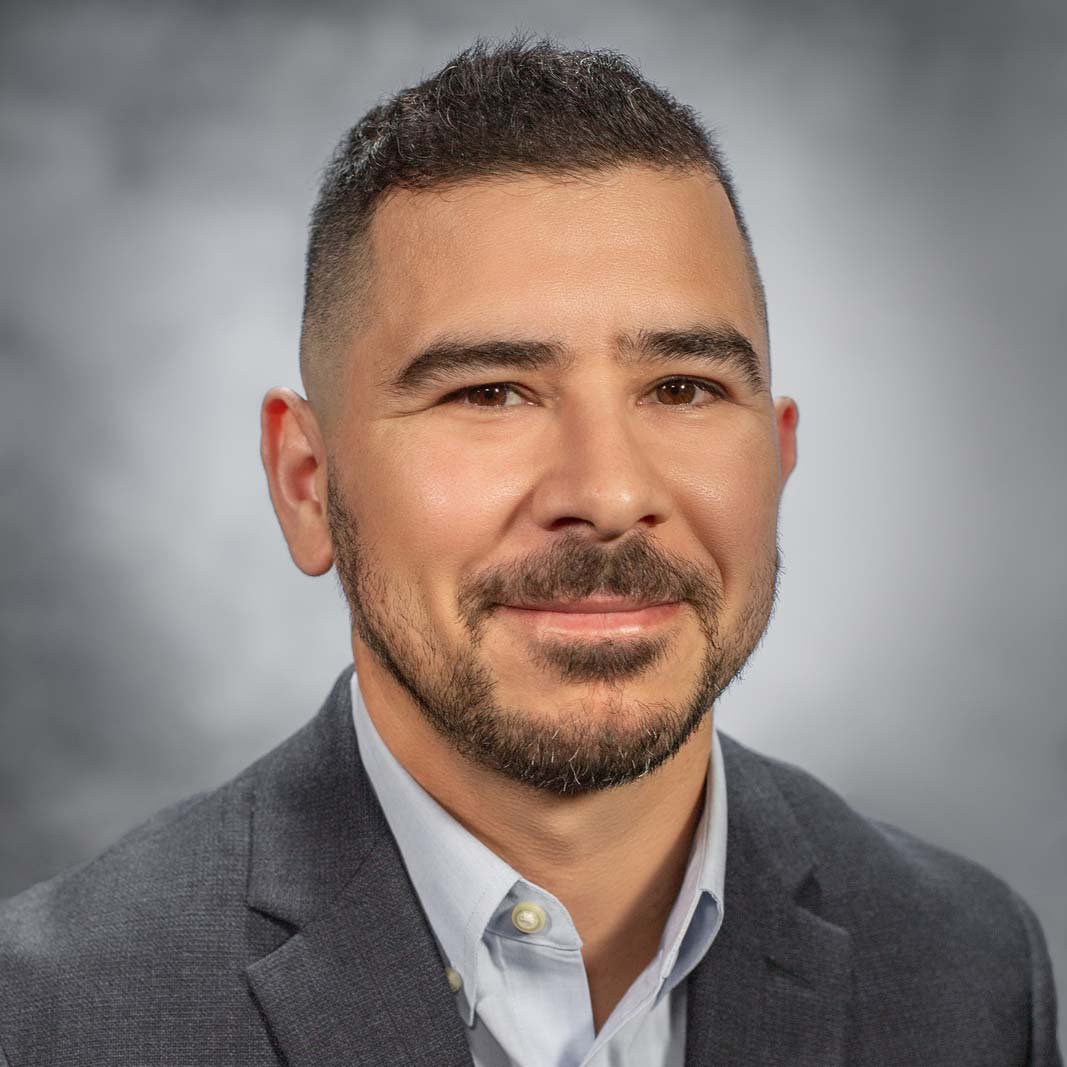Dr. Fabiano Rodrigues
- Associate Professor of Physics
- Fellow, Eugene McDermott Distinguished Professor (Former)

The McDermott Professorships were established in August 2017, funded by an anonymous gift, with the goal of providing early career support and recognition to faculty members who have established extraordinary records of research productivity, teaching excellence and university service, and who show promise of being leaders of the UT Dallas faculty in the future.
“A number of factors make this field of study compelling to me, including being able to work at amazing observation sites, design new experiments, develop new techniques for analysis and interpretation of measurements, and interface fundamental science with engineering.”
Dr. Fabiano Rodrigues studies the dynamics of Earth’s ionosphere using various types of remote sensing instrumentation and numerical modeling. This region of the upper atmosphere — between 60 and 600 miles from the surface — is highly variable and driven by the conditions of the sun and of the lower atmosphere.
In addition to fundamental physical processes, his research is motivated by the impact of ionospheric disturbances on radio signals used for civilian and military applications, such as GPS and over-the-horizon radars. Learning how to better predict these disturbances is a subject of very active research.
Rodrigues created the Upper Atmosphere Remote Sensing Lab, part of the William B. Hanson Center for Space Sciences, which Rodrigues said, “makes UT Dallas special to me.”
“The center is well-recognized for studies of the upper atmosphere using sensors in rockets and satellites,” Rodrigues said. “My research, on the other hand, relies heavily on ground-based remote sensing techniques for observations. Interacting with the scientific and engineering staff of the center helps me to better understand the current challenges of ionospheric experiments and think of new ways to tackle outstanding research questions.”
In 2016, Rodrigues received a CAREER award from the National Science Foundation to investigate the variability of electric fields within the low latitude ionosphere. Combining ground-based radar measurements and numerical modeling, his work hopes to improve the specification of the ionospheric electrodynamics and variability.
In 2013, Rodrigues was honored by the Air Force with the Young Investigator Program award for studies of a phenomenon called “equatorial spread F,” in which the ionosphere near the Earth’s equator becomes extremely disturbed after sunset, affecting the performance of communication and navigation systems.
Rodrigues arrived at UT Dallas in 2012 after four years as a research engineer with Atmospheric & Space Technology Research Associates. In 2008, he earned his PhD in electrical and computer engineering from Cornell University. He also received a master’s degree in space physics from the National Institute for Space Research and a bachelor’s degree in electrical engineering from Federal University of Santa Maria, both in his native country of Brazil.